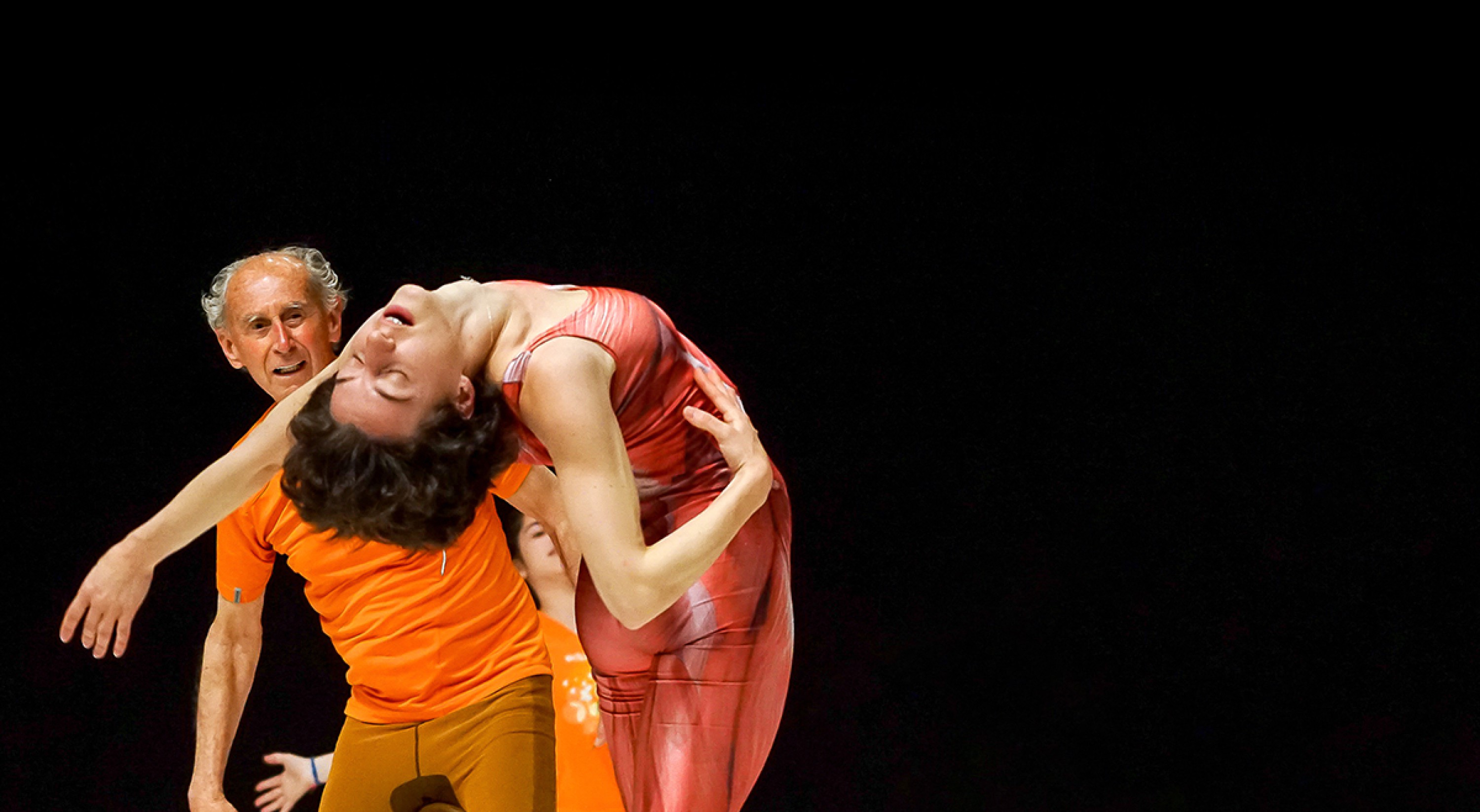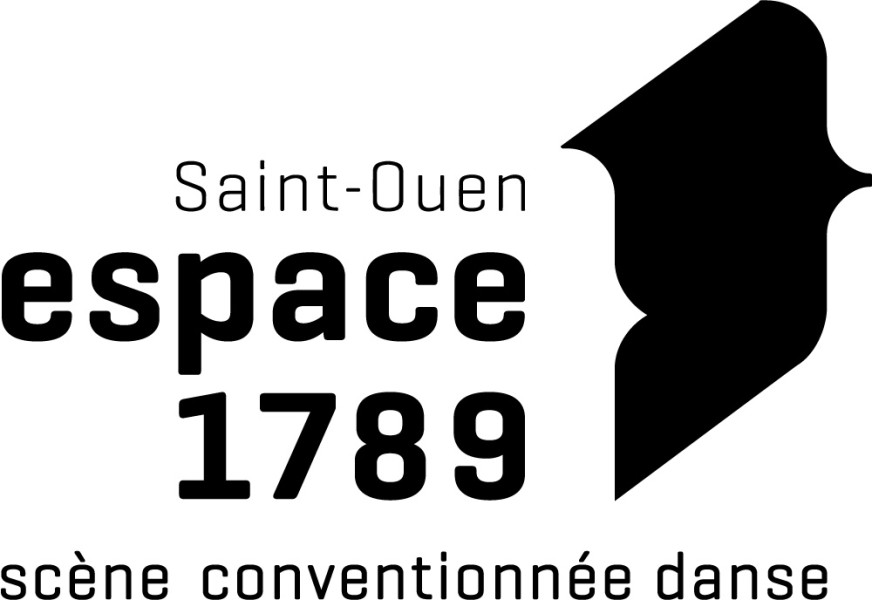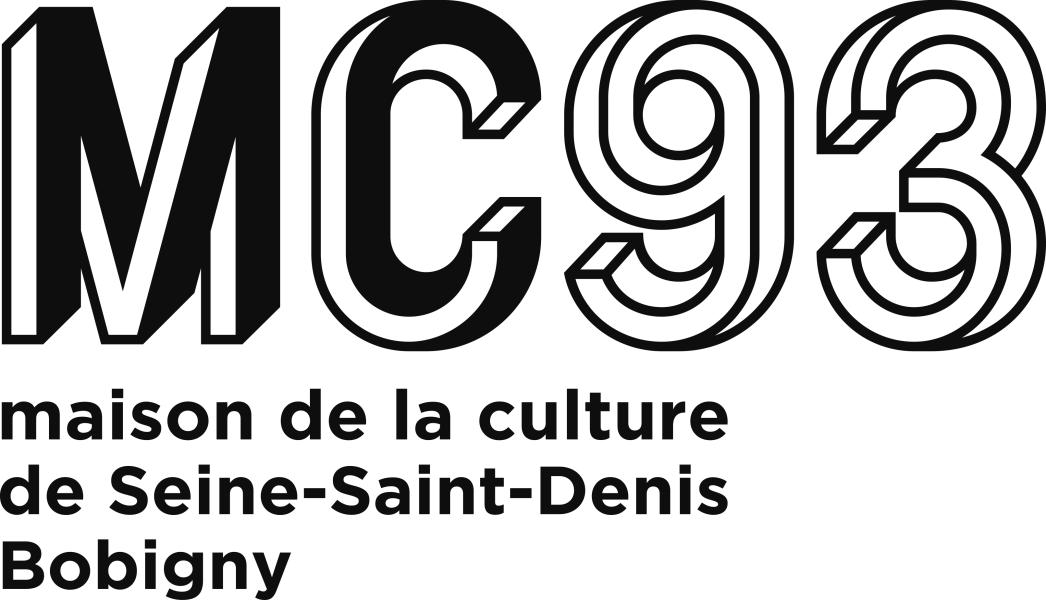Jérôme Bel
Gala
octoberoct 4 – 15
novembernov 18
novembernov 25
decemberdec 9
decemberdec 22 – 23
Devised by Jérôme Bel
Assisted by Maxime Kurvers
Devised and performed by alternatively, Taous Abbas, Cédric Andrieux, Sheila Atala, Michèle Bargues, La Bourette, Vassia Chavaroche, Houda Daoudi, Raphaëlle Delaunay, Diola Djiba, Nicole Dufaure, Chiara Gallerani, Nicolas Garsault, Stéphanie Gomes, Marie-Yolette Jura, Aldo Lee, Françoise Legardinier, Magali Saby, Marlène Saldana, Oliviane Sarazin, Frédéric Seguette
Costumes, the dancers
An R.B Jérôme Bel – Paris production // Co-produced by Dance Umbrella – London ; TheaterWorks Singapore/72-13 ; KunstFestivaldesArts – Brussels ; Tanzquartier Wien : Nanterre-Amandiers Centre Dramatique National, Festival d’Automne à Paris ; Theater Chur – Chur ; TAK Theater Liechtenstein – Schaan – TanzPlan Ost ; Fondazione La Biennale di Venezia ; Théâtre de la Ville – Paris ; HAU Hebbel am Ufer – Berlin ; BIT Teatergarasjen – Bergen ; La Commune Centre dramatique national d’Aubervilliers ; Tanzhaus nrw – Düsseldorf ; House on Fire supported by the EU cultural programme // In association with Théâtre du Rond Point ; Théâtre de la Ville ; Festival d’Automne à Paris // With support from the CND centre d’art pour la danse – Pantin ; La Ménagerie de Verre – Paris as part of Studiolab, for the studio rehearsal space // Wit thanks to the partners and participants of the Ateliers danse et voix ; NL Architects ; Les rendez-vous d’ailleurs // The company receives support from the DRAC – Direction Régional des Affaires Culturelles d’Ile-de-France – Ministère de la culture et de la communication, as a recognized IF Institut Français recognized choreographic company – Ministère des Affaires Etrangères – ONDA for its overseas tours – Office National de Diffusion Artistique for its tours in France
Partnership with France Inter
Gala, at the crossroads between choreographic instant and portrait gallery, is about lots of people showing their dance just much as their dance shows them. Amateurs, professionals, and people of all ages and walks of life will be coming together for a jubilatory gala, in which moving bodies take possession of their representations.
How can we open up onstage representation to individuals and bodies all too often excluded from it? How can we make of use of all the various resources of this unique apparatus, the theatre, in order to enlarge the perimeter of what can be shown in it? And how can we (re)shape it into a democratic means open to all those drawn to dance, singing and the performing arts?
Jérôme Bel has set down a flexible, portable framework which gives rise to a wide variety of formats. He wanted it to be accessible to dance lovers from all different horizons, to provide them with the opportunity to involve themselves fully and make the project their own. In doing so, he took that most 'commonplace' of theatrical experiences: the gala, that festive, group occasion, which harks back to end-of-year shows. He then subverted the genre in order to cover different styles and fragments of stories so as to build up an inventory of a dance 'with no particular qualities' and bring out all the possible relationships that are unique to the body and voice. What is it that makes us dance? How do we look upon dance that might be fragile and precarious without indulging in notions of judgement, such as 'well done' or 'badly done'? The result is a gala that is bitty, patched up, and traversed by moments of reflection, like galleries of living portraits. With its 'Fail again. Fail better' emphasis, Gala goes from one theatre to the next, like 'a mirror taking a stroll by the side of a road', and brings home to us something about the making of those we are watching as well as the way we watch.
See also
In the same place


